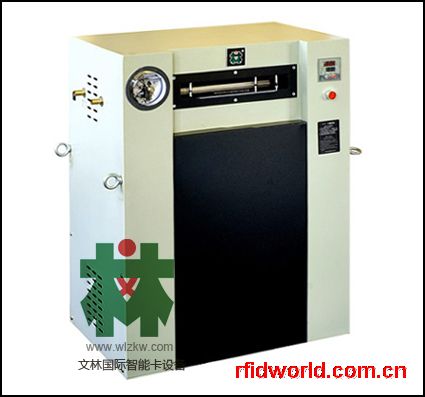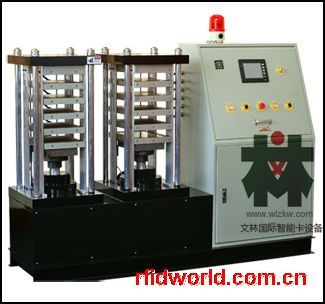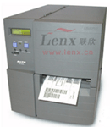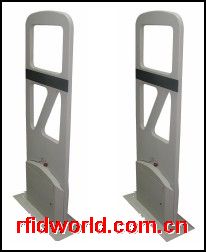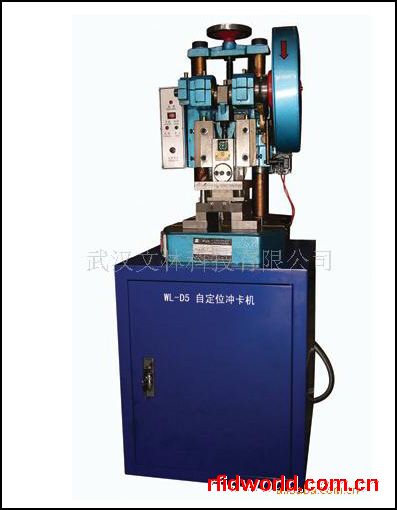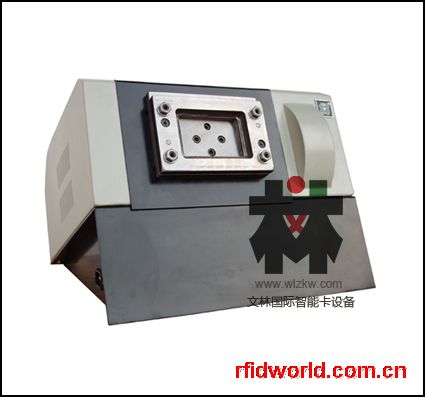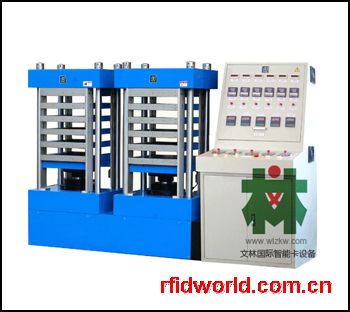HP and Philips,IBM and OAT team on RFID
When it comes to RFID, integration is key. And as the US RFID industry's major event, the EPCglobal US Conference, kicked off in Georgia, several major players have agreed to work together.
Hewlett-Packard Co and Royal Philips Electronics said they have teamed to push the adoption of the upcoming global RFID standard.
And IBM today is to announce several new partnerships with RFID vendors in a bid to push its RFID middleware further into the marketplace.
"RFID is a system that has many different components and [customers] prefer to have some of those components pre-tested and defined so they don't have to do all that work themselves," said Frank Lanza, worldwide director of RFID for HP Services.
HP and Philips together are targeting companies that are migrating to or deploying RFID systems based on EPCglobal Generation 2, which is widely expected to become the first global RFID standard next year.
Gen 2 enables a single RFID tag to travel globally and still be read by most readers, something that wasn't previously possible. Most first-generation Class 1 RFID tags used in the US, for instance, could not be read in Europe because of bandwidth limitations. Gen 2 promises to change all that.
HP will offer RFID systems integration services needed to implement a Gen 2 system that uses tags containing Philips' Gen 2 silicon.
HP, which launched its RFID services business a little more than a year ago, would pretest integration between Philips' silicon and several major RFID readers. The goal is to take variability out of the equation when deploying or migrating to Gen 2, Mr Lanza said.
HP will use internal deployment as its Gen 2 test bed to train its more than 350 RFID consultants. At the company's Sao Paolo, Brazil facility, where it tests advanced RFID supply chain concepts and introduces new technologies into its global supply chain, HP will replace its existing Class 1 RFID tags with Philips' Gen 2 RFID silicon-based technology. The process likely will be complete early next year, after which HP plans to roll out Gen 2 to its other 30 RFID-enabled facilities.
Mr Lanza said HP and Philips would not wait until the Brazilian operations transition was complete before they began to jointly work with customers.
The companies expect to work with retail, consumer packaged goods, pharmaceutical, high-tech and automotive clients.
Mr Lanza said he expects that by working with Philips on silicon and reader integration, HP would be positioned to generate upstream data integration business too. "RFID touches many systems and there's a lot of complexity in the data integration just beyond ensuring the tags and readers work," he said.
Philips is the first silicon maker HP's RFID services has partnered with. Mr Lanza said the relationship is not exclusive. It seems Philips is pushing its partnerships efforts, having announced in mid-June a deal to test interoperability of its Gen 2 chips with that of rival Texas Instruments Inc.
IBM will announce several new partnerships of its own. Among them is a deal with major RFID software vendor OATSystems Inc, which will integrate its RFID systems software with the IBM WebSphere RFID middleware platform.
Waltham, Massachusetts-based OATSystems, known as OAT, will run its various OAT data management, filtering and other systems software on top of the WebSphere platform. OAT and IBM also would work together on RFID business consulting services, said Ann Breidenbach, director of strategy for IBM sensor & actuator solutions.
"OAT and IBM are both market leaders in RFID," Ms Breidenbach said. "Clients don't want to have to go to five different people to put together an RFID solution themselves. They would like to have a place to get the solution, know that it's been integrated and tested ... That's why we think partnerships are important."
IBM also will announce an agreement with MARC Global, a supply chain systems vendor, to integrate IBM RFID middleware with MARC's RFID Enabler software. IBM and MARC would target various industries, but the first joint customer would be a provider of healthcare products, Ms Breidenbach said.
IBM also will announce supply chain application vendor TrueDemand Software Inc is developing software based on WebSphere.
Additionally, IBM will announce a new RFID hosted service for SMEs called RFID Express Solutions. IBM would provide SMEs with third-party RFID hardware, including tags, readers and printers. SMEs would print RFID labels for tags and IBM would then collect, filter and manage all the data from those data. IBM also would monitor and maintain the SME's entire RFID system, Ms Breidenbach said.
Also, IBM announced its "New-Work In Process" service that is designed to help manufacturers automate plant floor operations.
IBM also will announce its new RFID testing and compliance lab in North Carolina, which will be set up like a distribution center for customers to test RFID systems.

 登录
登录
 注册
注册

